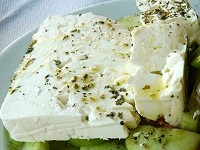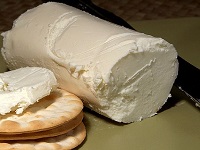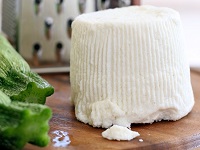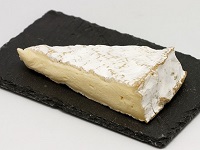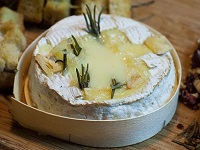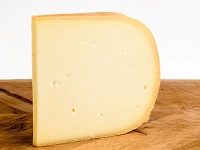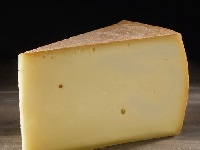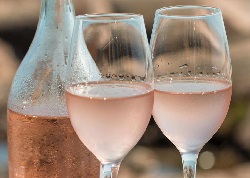Muscadet (France)
Muscadet is a white wine from the region of Muscadet.
It is made on the grape Melon de Bourgogne.
Muscadet Flavors
Citrus, Green Apple and Pear are typical Muscadet flavors.
With a hint of "Salty Ocean".
Lemon |
Apple |
Pear |
Seashell |
Muscadet Profile
Muscadet is light, dry, and delicate with a slightly fizzy finish:
| SUGAR: | Dry (3 g/l) |
| BODY: | Light |
| FRUIT: | Medium - Low |
| ACIDITY: | High |
| ALCOHOL: | 12% ABV |
| Serving temperature: 8-10°C (46-50°F) | |
Muscadet Food Pairing
Muscadet pairs well with Seafood, Fried Fish, and Fried Chicken.
Aperitif |
Oysters |
Shrimps |
Seafood |
Fish |
Chicken |
Chips |
Soft Cheese |
Excellent Pairings
Oysters. Mussels
Clams. Shrimps.
Plain Fish. Sea Bass.
Fried Fish. French Fries.
Fish and Chips.
French Specialities
Snails or Prawns with Garlic.
Roast Chicken with French Fries.
The Ideal Glass for Muscadet
A Riesling Glass has a tall and narrow bowl to emphasize the aromas of the wine.
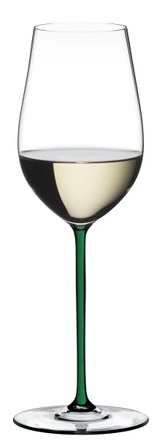
|
The shape also helps balance the high acidity often found in Muscadet.
The Riesling glass is perfect for any bone dry wines with high acidity like Chablis, Chenin Blanc, Picpoul and Vinho Verde. |
Muscadet Cheese Pairing
Muscadet is known for its light, crisp, and sometimes slightly fruity profile. It pairs well with a variety of cheeses.
Opt for cheeses with moderate saltiness and creaminess to balance the wine's acidity.
You can also add fresh fruits (grapes, apples, pears), nuts (almonds, walnuts), or a light drizzle of honey to enhance the pairing.
Fresh and Mild Cheeses
The tanginess of a Goat Cheese (Chèvre) will complements the subtle
fruit notes of Muscadet.
Ricotta is especially good if served with a drizzle of honey or fresh fruits.
Soft Cheeses
The creamy texture and mild flavors of a Brie work beautifully with Muscadet.
Camembert is similar to Brie but with slightly more earthiness.
The creamy qualities of a Neufchâtel can also make a good match.
Semi-Soft Cheeses
A lightly aged Gouda can add a complementary tang to Muscadet.
A nutty and sweet Gruyère can enhance the subtile flavors of Muscadet.
If You Like Muscadet
You Will Also Like:
About Muscadet
Muscadet is made on the grape Melon de Bourgogne in the Muscadet wine region, which lies furthest in the French Loire Valley towards the Atlantic Ocean.
Wine grapes have been planted in Muscadet since Roman times, but after a frost that killed most of the grapes in 1709, farmers began to plant Melon de Bourgogne. Today, this is the only permitted grape in this area.
These white wines are unparalleled in terms of style and quality for money.
Muscadet can compete with Chablis at a lower price.
Wine Region Loire
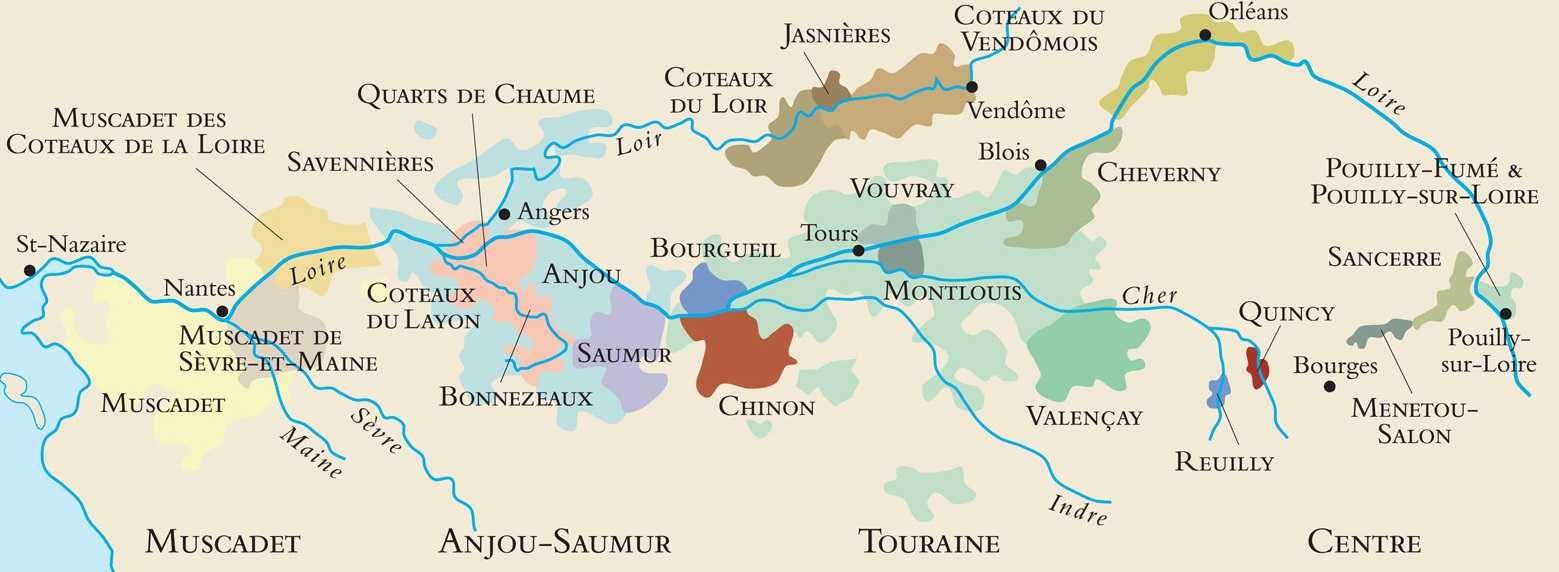
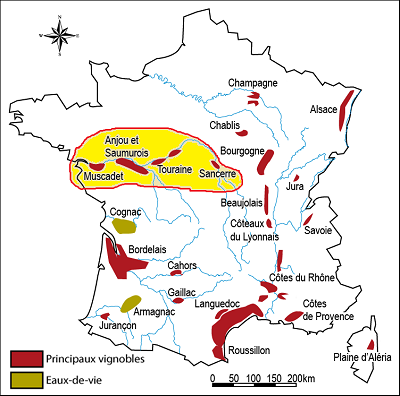
Loire Valley Climate
Different regions are subject to different climate influences:
Lower Loire (Muscadet and Pays Nantais) has a cool maritime climate with high rainfall.
Middle Loire (Anjou-Saumur and Touraine) has a cold climate with a mix of oceanic and continental influence.
Central Loire (Sancerre and Pouilly-Fumé) has a cold continental climate with cold winters and warm summers.
Loire Valley Terroir
The terroir in the Loire Valley is incredibly varied due to its geographic spread:
Lower Loire is known for its granite and schist soils, which give the wines (Muscadet) a distinctive mineral character.
Middle Loire has limestone, clay and sand soils. The Saumur and Touraine soils can be good for both white and red wines.
Central Loire has limestone and silex (flint) soils which give the Sancerre and Pouilly-Fumé wines their signature smoky and mineral flavors.
65% White Grapes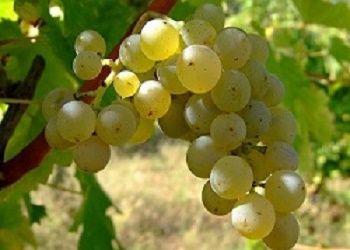
30% Chenin Blanc |
35% Black Grapes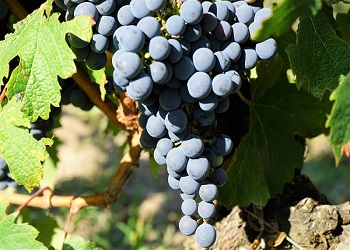
20% Cabernet Franc |
45% White Wines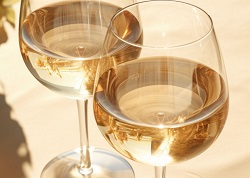
Anjou Blanc |
20% Red Wines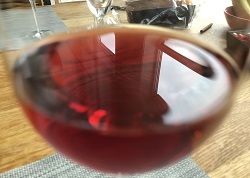
|
20% Rosé Wines
|
15% Sparkling Wines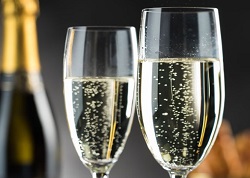
|
